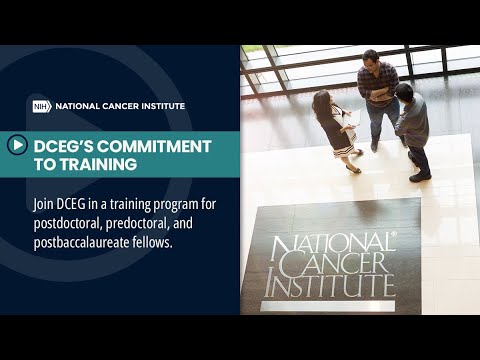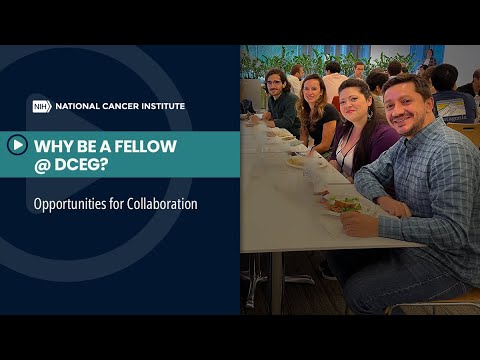Investigators in the Metabolic Epidemiology Branch (MEB) work with fellows to identify risk factors for a wide range of malignancies, in particular those associated with lifestyle and environmental factors that influence metabolic response to a given exposure. Research approaches include:
- “Omics” analysis
- Assessment of gene-environment interactions
- Evaluating low-cost screening for underserved populations
- Discovery and validation of biomarkers
- Integrative studies of multifactorial nutritional exposures, such as dietary patterns and glycemic load
- Energy balance, including studies of body size and physical activity;
- Molecular epidemiologic studies to investigate genetic and hormonal interactions in nutrition-related cancer
- Exposure assessment tools for energy balance, dietary intake, biomarkers, and others
Learn more about the Metabolic Epidemiology Branch research areas.
Apply to be a Fellow in MEB
Postdoctoral, predoctoral, and postbaccalaureate fellowship applications are accepted on a continuous basis. Contact investigators in MEB conducting research in your area of interest and send a copy of your CV; DCEG scientists are always on the lookout for new fellows. In addition, submit your CV to the application database so it can be reviewed by investigators across the NCI who may be searching for fellows. You can also apply for training positions with specific investigators listed below.
Access an interactive transcript and audio-described version of the "Commitment to Training" video.
Training Opportunities with Specific Investigators
To explore training opportunities in other research areas, see a full list of the DCEG research groups on Apply for Fellowships page.
The strong multidisciplinary environment at DCEG has fostered collaborations across different branches which has helped broaden my knowledge and skills. There are so many established experts across the Division that I can consult on study design, analyses, and manuscript preparation. Also, the vast amount of data and biospecimens at our disposal allows fellows to explore and pursue our own independent research projects.

